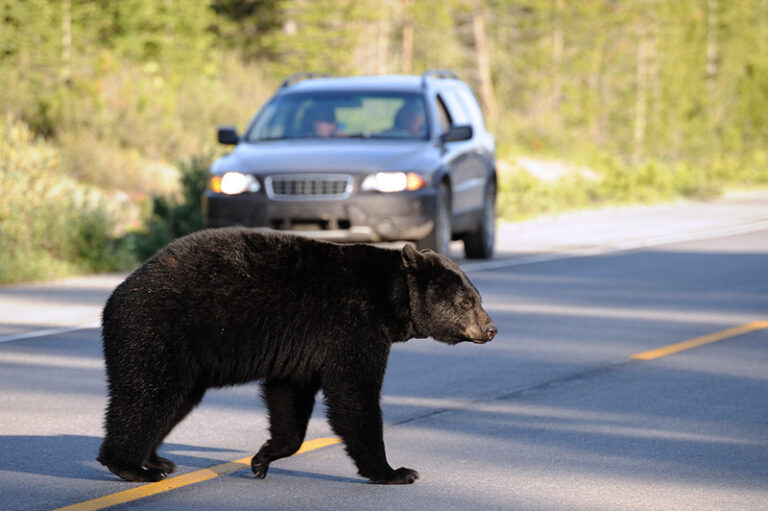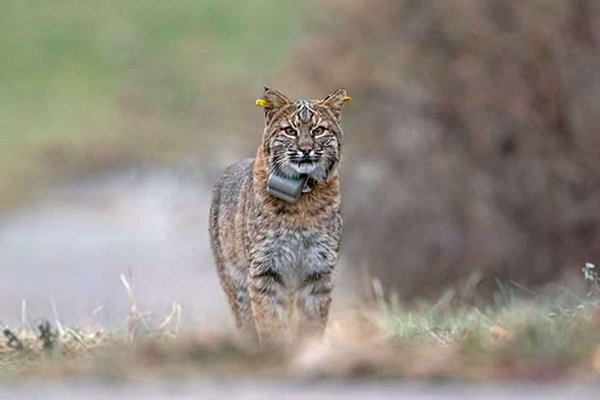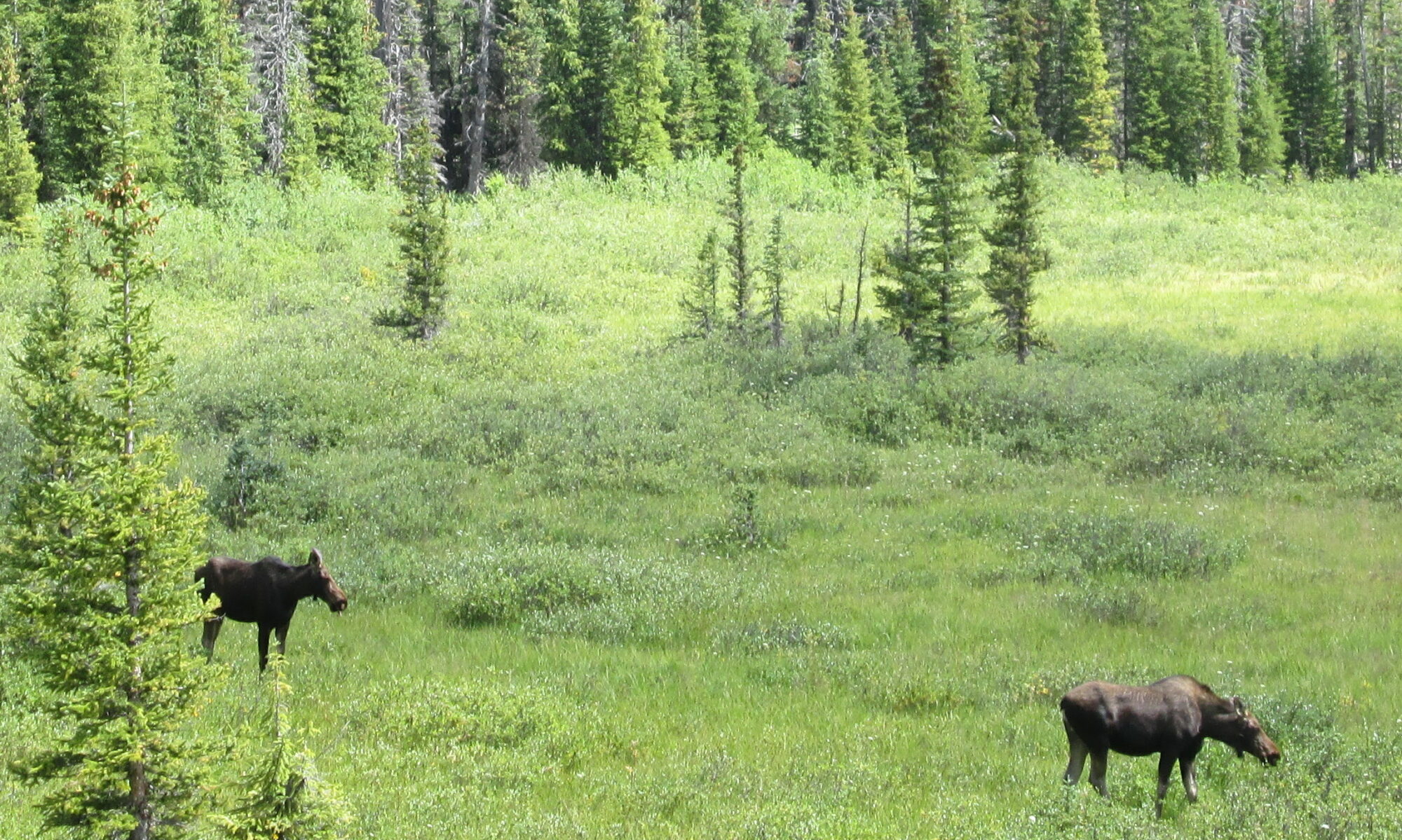





We work | werc |
We work | werc |
To build a more diverse, equitable, and inclusive scientific community by explicitly acknowledging the systems of oppression that have led to the marginalization and exclusion of underrepresented communities in science and academia, identifying and changing our own unconscious biases, and recruiting, training, and collaborating with scientists and conservationists from underrepresented communities as well as local and Indigenous people in the places where we conduct our research
Understanding how large herbivores shape the ecosystems in which they live
understanding how individual variation in resource use and behavioral diversification may allow individuals, populations, and communities to adapt to environmental change
how social learning and cultural transmission may influence ecologically relevant behaviors (e.g., foraging, movement, antipredator behaviors)
quantifying nutritional carrying capacity and understanding factors limiting population growth, including intraspecific competition for resources, predation, and disease. Please visit project pages for more details about individuals research projects.
